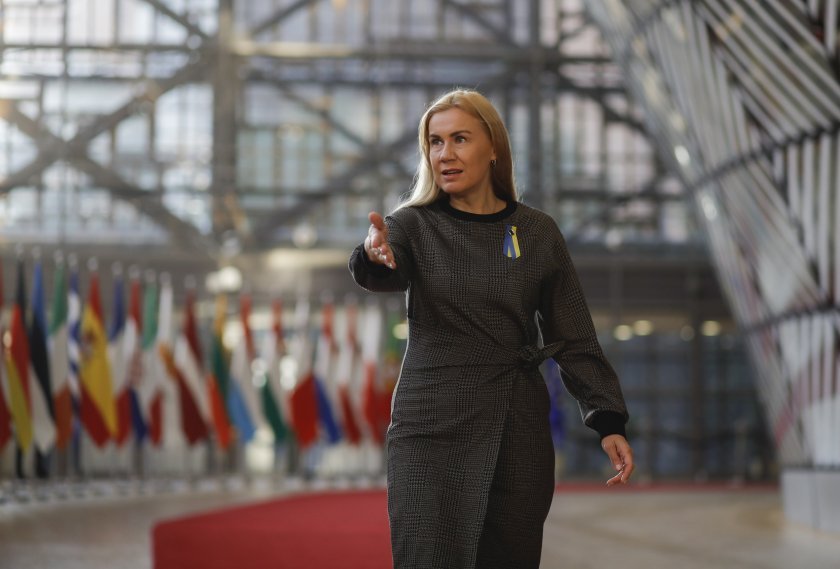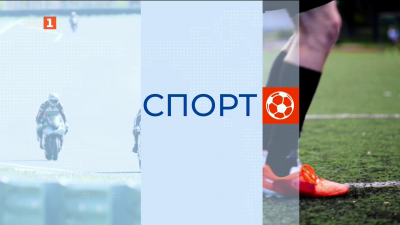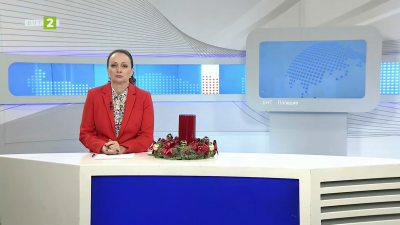EU energy ministers approved a plan of power savings

EU countries should introduce a mandatory 5% reduction in electricity consumption in peak hours and a voluntary 10% reduction in all electricity consumption by the end of March next year. This was agreed by the 27 energy ministers at an emergency meeting in Brussels on September 30. Bulgaria is starting to develop a programme for the introduction and implementation of the measures, interim Energy Minister, Rosen Hristov, said in Brussels.
Member states will have to determine the peak hours when electricity consumption must be reduced by 5% by the end of March next year.
Energy ministers agreed on a cap of 180 euros per kilowatt hour on the price of electricity generated from renewable energy sources, nuclear power and lignite. The cap will be in force until the end of June next year. A solidarity contribution from fossil fuel producers is also foreseen. It will affect companies in crude oil, natural gas, coal and refineries.
"Currently, Bulgaria has a system of compensation for excess electricity prices, which is financed entirely by collecting excess profits of state-owned energy companies. Now we will add to this fund the revenues from private companies that are included in this list. This I think is fair to Bulgarians and Bulgarian taxpayers - companies that due to the crisis are making profits beyond those that were foreseen in a normal situation, it is right to take their share in solving the crisis," said Rosen Hristov - caretaker energy minister.
Countries have failed to agree on capping the gas price. Bulgaria and 14 other countries demanded a price cap on all EU imports. According to Rosen Hristov, capping the price of Russian gas only, as the European Commission wants, would mean imposing new sanctions.
The ministers also discussed the sabotage believed to be the likely cause of the leaks in Nord Stream 1 and 2 pipelines. Bulgaria will discuss measures to increase the security of energy infrastructure in the country.
"In Bulgaria we take this incident very seriously because, as you know, part of the international infrastructure, including Turkish Stream, pass through Bulgaria and now when we come back to Sofia we will discuss certain measures we need to take to increase the security and safety of these sites."
"We need to discuss whether the current measures on the pipelines are sufficient and possibly how we could increase the attention and security of these sites, recognising that if the results show that this is a targeted action, there is an interest in removing or temporarily decommissioning such infrastructure. So we will discuss this in the coming weeks in Bulgaria," added Rosen Hristov, caretaker energy minister.
The ministers also agreed that countries could temporarily set electricity supply prices below cost for small and medium-sized enterprises to help businesses cope with the crisis. As regards, households, the caretaker minister said that the price of electricity in Bulgaria is one of the lowest in the whole EU.
Get the latest news wherever you are!
Follow us on
Facebook
and
Instagram
Follow BNT’s YouTube channel
You can now also watch us on
TikTok
Find us on
Google News























